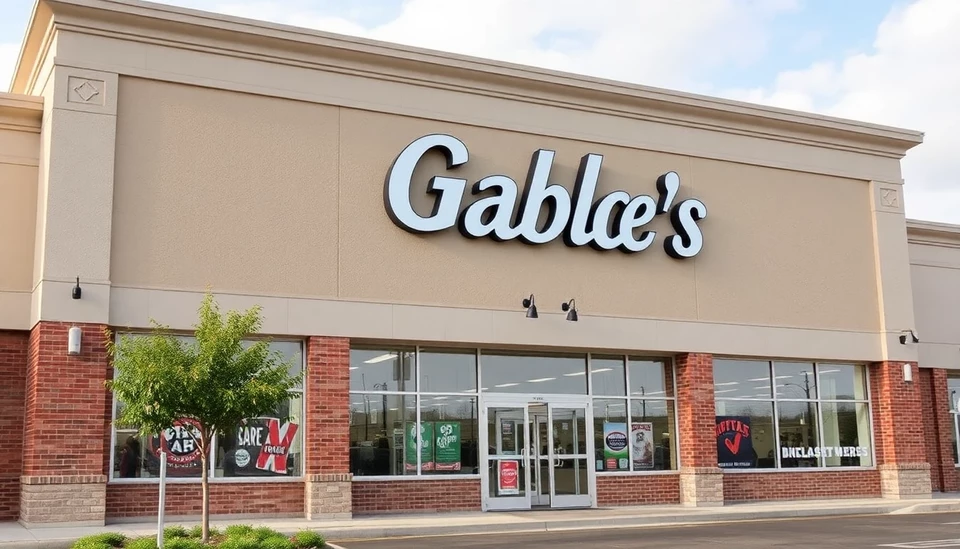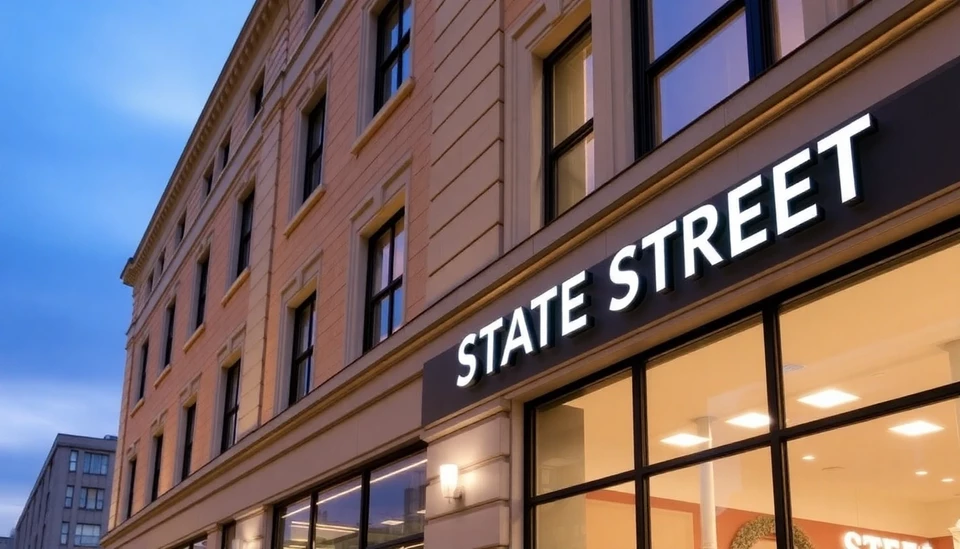
Recent analysis by Keefe, Bruyette & Woods (KBW) has highlighted an intriguing intersection between the ongoing tariff wars and commercial real estate, suggesting that these economic measures may unexpectedly offer new avenues for investment in the sector. With rising tensions over tariffs, particularly involving key players like China and the United States, investors and analysts are scratching their heads over the potential outcomes for industries as diverse as manufacturing and real estate.
According to KBW, the increasing imposition of tariffs could inadvertently trigger a shift in the commercial real estate landscape. As companies feel the financial strain of tariffs on imported goods, there are indications that they might pivot towards domestic production, sparking demand for industrial spaces. This transition not only reflects a change in operational strategies but also promotes the growth of logistics centers and warehouses, which are essential for companies looking to optimize their supply chains.
The analysts argue that investing in commercial real estate—especially in sectors related to logistics and manufacturing—could be a strategic move for investors seeking to mitigate risk in a volatile economy. The report outlines how certain markets, particularly those near trade routes and transportation hubs, may stand to gain significant traction as manufacturers and retailers adjust their business models to accommodate the high-cost environment created by tariffs.
Furthermore, as companies reshuffle their real estate footprints, there is an emphasis on the importance of flexibility and adaptability in commercial spaces. With workers potentially operating from multiple locations, demand for flex spaces—offering both office and workshop environments—might see an uptick. Investors are being encouraged to keep an eye on real estate opportunities that align with these evolving business requirements.
However, KBW also warns that this potential boon is not without its challenges. The tariff-induced inflation can lead to increased costs in construction and operational expenses, which may curb profit margins in the real estate sector. Investors need to judiciously analyze locations, tenant industries, and overall economic conditions before diving into commitments.
As the U.S. economy grapples with these external pressures, the impact on commercial real estate can be multifaceted. While some may view rising tariffs as a negative portent for market stability, others recognize them as a catalyst for change—a chance to reassess and realign investment strategies in a way that leverages new market demands. The conversation surrounding tariffs is set to evolve, and its reverberations in commercial real estate will be an essential narrative to follow in the coming months.
In conclusion, as industries recalibrate their strategies in response to tariffs, the commercial real estate market may just be on the brink of a transformative shift. Investors who stay informed and adaptable may find valuable opportunities amidst the complexities of trade policies.
#CommercialRealEstate #TariffWars #InvestmentOpportunities #KBW #Logistics #RealEstateTrends #EconomicImpact
Author: John Harris



